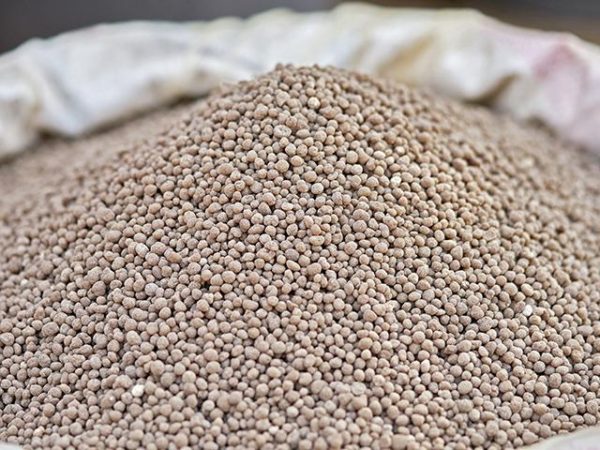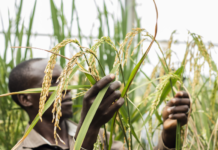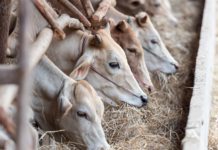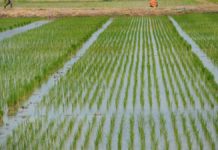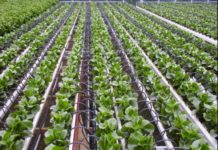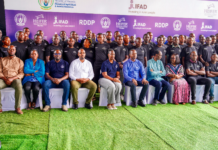By Lawrence Paganga
With the global prices of fertilisers rising steeply, the Rwandan government is rationing stocks to farmers while working on new guidelines on selling and distributing the product.
With over 80 percent of Rwanda’s population being farmers, the increase in fertilisers will affect a majority of the citizens and the country’s food security.
The Rwanda Agriculture Ministry confirmed the country would ration supplies to farmers, as it worked on setting new guidelines.
“In a bid to respond to rising prices for industrial fertilisers on the international market, Ministry of Agriculture is finalising new guidelines for sell of industrial fertilizers,” Rwanda Agriculture Ministry said.
Rwandan farmers use a variety of fertilisers such as diammonium phosphate (DAP), nitrogen fertilisers including NPK (17‐17‐17), and Urea for staple crops and NPK (25‐5‐5) and NPK (20‐10‐10) for planting cash crops.
Fertilisers costs have on the rise since 2020 while demand for the product also increases as more citizens venture into farming.
Meanwhile, the government has since put in place plans to establish bulk blending fertiliser and a storage plant at Bugesera Industrial Park to stabilise costs and availability to farmers.
The project is a joint venture partnership reached between Rwanda Fertiliser Company and OCP Africa (OCP), a subsidiary of the Moroccan public-private company OCP Group, and one of the leading phosphates producers in Africa.
The plant is also set to switch from generic to tailor-made fertilisers as part of the effort to reduce the cost of fertilisers, as well as boost agricultural output and farmers’ income.
The government also wants farmers to use fertilisers from the current 46kg to 75kg.
Charles Bucagu, deputy director-general of the Rwanda Agriculture Board (RAB), said construction of a local fertiliser plant was strategic.
“It is also going to solve the issue of accessibility. In most cases, our farmers delay starting the season because they lack fertilisers,” he said.
According to Bucagu, Rwanda has made significant improvements in agriculture production mainly because of the hybrid seed and also fertiliser application.
“In addition to that, it would contribute to our food security but also expand the export base. Rwanda doesn’t directly get the fertilisers from the source, this puts us in a less competitive position,” he said.
Bucagu was supported by Evariste Safari, the Head of Rwanda Agriculture Inputs Dealers Association (RAIDA).
“There is a logistical challenge, and affordability which I think would be solved. “For the farmers, there is a big challenge of affordability,” Safari said, adding Rwanda was importing fertilisers products to meet growing land under cultivation.
However, prices of the commodity had increased globally.
“The issue remains to strategically subsidise or find financial mechanisms for the affordability of the farmers. Incentives will be needed.”
Data from the Agriculture Ministry shows that the use of fertilisers in 2021 increased from 29 917 tonnes to 43 757 tonnes, a 46 percent increase compared to the same period in 2020.
The uptake of fertilisers is expected to grow to 60 kilogrammes in 2021/22, 65 kilogrammes in 2022/23 and 75 kilogrammes in 2024.


